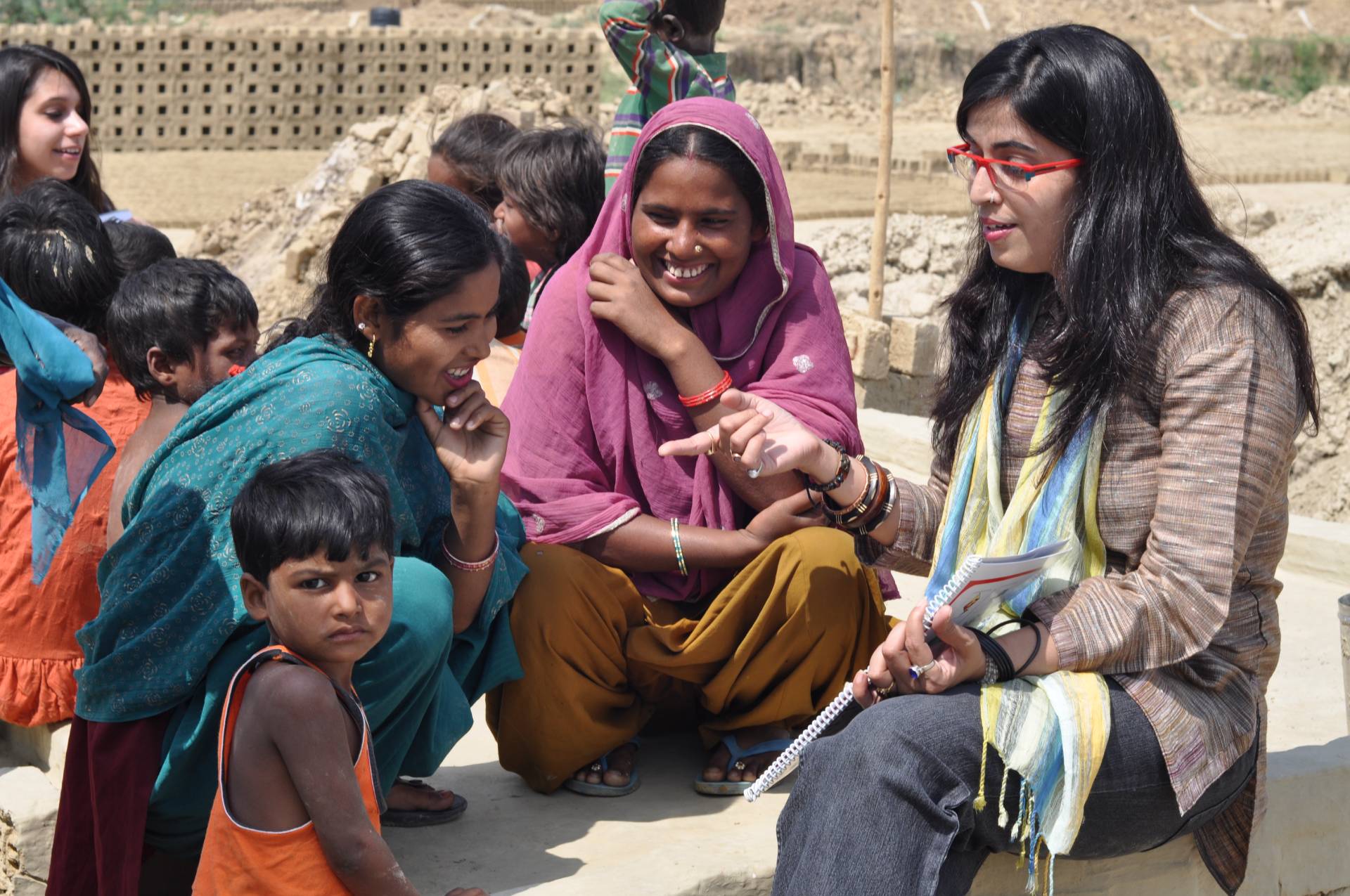DEVI Sansthan’s Global Dream program offers an innovative pedagogy to enable foundational literacy and numeracy to be taught in just 50 hours!
By Tom Delaney, Master Trainer, DEVI Sansthan
This article offers a summary of DEVI Sansthan’s work towards Literacy for All. We begin by examining why literacy is important, and then look at the scale of the illiteracy crisis. We then share the principles underpinning Global Dream program, which enables literacy to be taught swiftly, by anyone, anytime, anywhere. We go on to explore partnerships and initiatives, and discuss outcomes, impact and ways forward.
Why Literacy?
Literacy is the foundation for all education, and is a crucial human right. Recognizing this, the SDGs aim to ensure that ‘all children complete a quality education’ (4.1) and ‘all youth and a substantial proportion of adults achieve literacy and numeracy’ (4.6). Literacy impacts many crucial areas of life:
- Self-confidence & empowerment. There is often a sense of shame in using a thumb impression, whereas literate people tend to be much more self-confident. Learning to read is an important step on the journey of empowerment.
- Civic participation. Illiterate people struggle to engage meaningfully as citizens in the civic process; literacy strengthens democracy. Recent research has shown that literacy rate is strongly correlated with the desire to be governed democratically.
- Population stabilization. Growth in literacy rates leads to a decline in fertility rates, and hence population growth rates. This is primarily through young women becoming more empowered to make decisions about when to have children and how many children to have.
- Health. Literacy has a huge positive impact on public health. Reading increases the ability of people to engage well with the healthcare system and follow basic public health measures. Literacy has a particularly powerful effect on lowering infant mortality.
- Income. There is a strong positive correlation between literacy and income level. This is true both at the individual level (literate people earn more) and the national level (countries with higher literacy rates tend to have higher per capita GDP).
The Problem: Illiteracy Crisis
Though literacy is a crucial skill, hundreds of millions of people still lack it. India has over 250 million illiterate adults – far more than any other country. We also suffer from low rates of learning in schools: only half of Grade 5 students can read a Grade 2 text in their mother-tongue, and even by Grade 8, one third of students can’t solve a division problem.
This problem is not just India’s. A recent World Bank report revealed that an estimated 53% of children in low-income-countries (LICs) around the world are in learning poverty. The situation has been further worsened by the COVID-19 pandemic, which has wiped out 2 decades of educational progress, and pushed millions of children into child labour and underage marriages.
Our Solution: Global Dream
To achieve literacy for all, we need to mobilize all for literacy. This requires simplified teaching-learning materials and methods, enabling anyone and everyone to teach swiftly and effectively. To this end, we have developed the Global Dream Toolkits, which uses an innovative pedagogy to enable foundational literacy and numeracy to be taught in just 50 hours. Global Dream is available in 13 languages.
The program is based on these key principles & practices:
- Short modules: We keep our sessions short, 15-30 minutes. Rather than trying to teach the whole alphabet initially, each lesson introduces only 6-10 letters and gives the learner plenty of practice to master them.
- Moving from known to unknown: the learner is asked to recognize pictures and from there learn letters. Rather than ‘/a/ se anaar’, we reverse the order ‘anaar: /a/’. Similarly, in numeracy, we use hands-on materials before introducing abstract representations; an approach known as Concrete-Pictorial-Abstract.
- Asking questions: We ask questions of the learner, for example, ‘What is this picture?’, ‘What is its first sound?’ This is much more effective than rote memorization, and ensures that learning is long-term and deeper.
- Games & activities: Lessons are reinforced and brought to life using many games and activities (for example, matching picture and letter cards).
- Independent & Peer learning: The process is learner-centred and driven, and the simple materials enable people to teach themselves and help their peers. The teacher acts as a facilitator rather than an instructor.
Our initiatives
We are partnering with many stakeholders, striving to reach our target population of illiterate children (both in and out of school) and adults (with an emphasis on women). DEVI seeks to catalyze a people’s movement for literacy, by working with key sectors of society:
- Government. DEVI has partnered with state governments in Uttar Pradesh and Telangana to run programs to improve school education and mobilize school students to teach adults in their community how to read. An international partnership with the government of Maldives is also in the pipeline. The government-affiliated National Service Scheme has also partnered with us in Lucknow, where we have trained and equipped college student volunteers to teach literacy in slums.
- NGOs & community groups. DEVI uses its skills and experience to partner with many NGOs, including Sahbhagi, Magic Bus, Teach for India and Oxfam. We provide training and materials, and are knowledge partners as they implement literacy programs in a wide variety of contexts, from schools to adult literacy centres.
- Private schools. DEVI’s Each One Teach One program mobilizes and trains school and college students to teach literacy.
Outcomes, Impacts and Way Forward
Through our own initiatives and the excellent work of our partners and stakeholders, we are proud to have contributed to the struggle for literacy for all. Some of the key outcomes and impacts of our work include:
- We have distributed around 500,000 literacy toolkits, primarily to school and college student volunteers; through which an estimated 200,000 people have become literate. This has had tremendous impact on the lives of the neo-literates: building self-confidence, social equality, economic resilience and general well-being.
- Innumerable school and college student volunteers report being profoundly impacted by their experiences, including a greater sensitivity to poverty and social issues, and a desire to work for change.
- In collaboration with the district government, we conducted a large-scale survey of literacy in Lucknow, finding that the literacy rate is much lower than the Census suggests. This culminated in a paper, The Inconvenient Truth of Illiteracy Inequality, published in Economic & Political Weekly.
We are looking to continue scaling up the campaign for literacy, through further initiatives:
- Launching the Disruptive Global Movement to End Literacy Poverty, a series of online and in-person conferences in which stakeholders commit to and report on action for literacy, share stories and are inspired.
- Global Dream App, containing a series of video lessons and interactive games, enabling literacy to be taught easily and for free, without requiring paper materials.
- Our book, Ending Literacy Poverty: A Roadmap for Urgent Global Action, is due to be published by Bloomsbury shortly.
DEVI – Dignity, Education, Vision International was formed under the leadership of Dr Sunita Gandhi in 1992 in Lucknow with the view that dignity is the most important propelling force and education is the most important driver of change in a human being; and we need to move towards a world embracing vision in which all people have equality of opportunity to receive a meaningful education and live with dignity.



